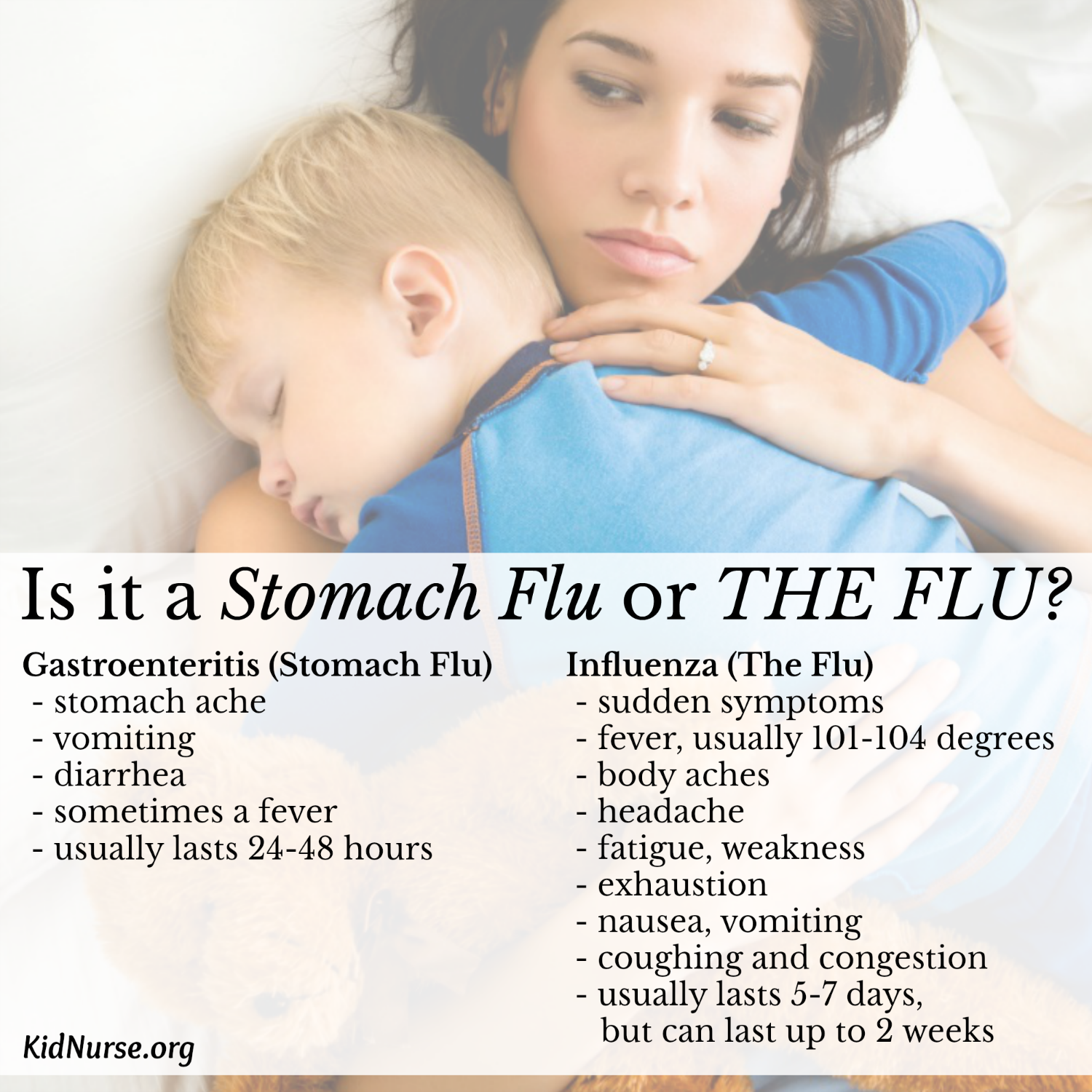The Flu Vaccine Is Safe: Answering Parents’ Questions and Dispelling Myths About The Flu Shot
October 22, 2019
- 987
- 989shares
It is that time again – flu season. We would all like to simply focus on the coming holidays, baking yummy food and desserts, buying presents, and spending time with family. However, mixed in with the fall decorations and good cheer you have probably started seeing information about the flu vaccine in your local pharmacies, grocery stores, and on social media. But seriously, is it really that big of a deal? The flu can be an inconvenience…but is getting the flu shot really worth it?
The simple answer: YES

Photographer: Heather Hazzan; Wardrobe: Ronald Burton; Props: Campbell Pearson; Hair: Hide Suzuki; Makeup: Deanna Melluso at See Management. Shot on location at One Medical.
The flu can be deadly, especially for kids and the elderly.
During the 2017-2018 flu season alone, the flu claimed the lives of 185 children that we know of. The true number of deaths is certainly higher as these are only the deaths that were reported and verified. That same year, in the US alone, the flu claimed around 79,000 lives.
When parents bring up flu vaccine concerns with me, I like to remind them that out of all the diseases we vaccinate against, the flu kills more Americans every year than any other vaccine-preventable disease. Very importantly, during past flu seasons, approximately eighty percent of the children that died from the flu had NOT received the flu vaccine.
Beyond the actual lives claimed by the flu, last flu season the USA saw 49 million cases with 460 thousand hospitalizations. That is hundreds of thousands of days of missed work, missed family time, and suffering all during what should be the happiest time of the year! Influenza is a big deal.
The good news is, we have flu shots! The flu vaccine prevents around 40 – 60% of influenza infection in those that receive it every year. When we look at children who have been vaccinated and still end up coming down with influenza, those children generally have less severe symptoms than their unvaccinated counterparts and recover faster. Particularly important is the fact I mentioned above…approximately 80 percent of the children that died from the flu had NOT received the flu vaccine. This means that even if your vaccinated child unfortunately comes down with the influenza, research has shown that they still have a much better chance of surviving than unvaccinated children. So, we know that the flu vaccine saves lives, especially among little ones.
Even with all of those statistics, I know a lot of parents still have questions about the flu vaccine. Because it’s an important choice, and a big deal, I’m going to answer six common questions and dispel three common myths about the flu vaccine today.

Photographer: Heather Hazzan; Wardrobe: Ronald Burton; Props: Campbell Pearson; Hair: Hide Suzuki; Makeup: Deanna Melluso at See Management. Shot on location at One Medical.
6 Common Questions About The Flu Vaccine
First, let’s start with the basics. Here are some questions I regularly hear from parents during flu season:
1. Who should get the flu vaccine?
Fortunately, the answer to this question is easy. Everyone older than 6 months of age should be vaccinated against the flu every year. Younger children, the elderly, and anyone with chronic conditions who are immune-compromised are at the highest risk for complications from the flu, and to protect them it is essential for them and everyone who is around them to be vaccinated. So, if you do not want to get the vaccine for yourself, get the vaccine to protect someone you love.
What about allergies and other medical conditions?
If you are concerned about underlying medical conditions or allergies being an issue, here’s what you need to know:
- GUILLAIN-BARRÉ SYNDROME: The only people who should not get the flu vaccine are those who have had something called Guillain-Barré Syndrome. If you or your child have had this condition, then you need to talk with your medical provider about the flu vaccine before getting it. Guillain-Barré Syndrome is not something your child has without you knowing about it! This is an extremely rare illness that causes paralysis, and if you do not know what it is, your child has not had it.
- VACCINE ALLERGIES: A very few people can have a severe allergic reaction to the vaccine, and this would be something you would need to discuss with your medical provider before getting a flu shot. Again, this is extremely rare. Specifically, the rate of anaphylaxis to the flu shot was found to be 1.35 out of a million doses. That’s about the same risk as being struck by lightening.
- EGG ALLERGIES: You may have heard that children with egg allergies should not receive the flu vaccine. This is no longer the recommendation. SOME of the flu vaccines are created by utilizing minute amounts of egg. Researchers have found, however, that even if your child has an egg allergy, the risk of having a reaction to the flu vaccine is very low. The current recommendation is that if your child has had a severe allergic reaction to eggs involving anaphylaxis, then the flu vaccine should be given in the medical office so that they can monitored for reactions. Even in this case, the risk of a reaction to the vaccine is still low! If eggs cause a mild rash, this is no longer a concern when giving the flu vaccine.
2. When should you get the flu vaccine?
Influenza strains differ year to year, so it is important to always vaccinate yearly. It is recommended to get the vaccine by the end of October, which is coming fast! Because the flu vaccine’s effectiveness can wane after approximately 6 months, September through October is the right time to get vaccinated so you will be protected through the flu season. It is best to get the vaccine a few weeks before the flu activity starts increasing.
Getting the flu shot after this is still effective, but this increases the risk of you getting the flu before getting the shot and passing it on to your loved ones, especially those babies and their grandparents! Keep in mind that it takes your body about two weeks from when you get the shot to when it provides protection against the flu, so you can still get the flu during that time.
3. What flu vaccines are available, and which ones are the best?
There are several different types of flu shots and a nasal spray. The Center for Disease Control and the American Academy of Pediatrics have made their recommendations clear and simple – all of the available vaccines are equally safe and effective. Feel free to get whichever one you want.
The nasal spray is called a “live” vaccine. Last flu season, it was not recommended for children because of concerns that it was less effective. However, this season it can once again be given to children over 2 years of age. Once thing to remember, however, is that it is not advisable for children under 4 years of age with a history of wheezing in the last 12 months. As with any live vaccine, immunocompromised children should also not receive this type of the flu vaccine. Fortunately, there are other options for these children, and they can get one of the several different flu shots available.

Photographer: Heather Hazzan; Wardrobe: Ronald Burton; Props: Campbell Pearson; Hair: Hide Suzuki; Makeup: Deanna Melluso at See Management. Shot on location at One Medical.
4. Why do some children under 8 years of age need two doses of the flu vaccine?
Studies show that younger children’s bodies needed to be “primed” for certain flu strains before the flu vaccine is effective against those strains. This is accomplished by giving one flu shot initially and then a second 4 weeks later. This only needs to happen once. So, if your child has had 2 flu vaccines in one year prior to July of this year, then they only need one flu vaccine this year. Make sure you talk to your medical provider to see if your child under 8 years old needs 1 or 2 vaccines this year.
As we know, children’s bodies and adult bodies are different, and they respond to the flu shot in different ways. Studies show that for adults, having two doses of the flu vaccine does not make a difference in how effective it is.
5. How do I protect my infant who is under 6 months of age from the flu?
Infants younger than 6 months of age are too young for the flu vaccine, and they are at a very high risk of getting the flu and having severe complications from it. To protect the babies in your life, it is very important for you, everyone in your family, and those who are in contact with your child to get the flu vaccine. Of course, keep washing your hands and keep your baby away from those you know have or might have the flu until they are no longer contagious.
6. Is the “Stomach Flu” the same as the Flu?
No, the flu and stomach flu are two different things. In fact, the name “stomach flu” is a misnomer. It is caused by a completely different virus that is not related to the influenza virus that causes true influenza. The accurate medical term for the “stomach flu” is gastroenteritis.
This graphic will help you tell the difference between the symptoms of gastroenteritis and influenza:

Your child is not protected against the “stomach flu” if they receive a flu shot. While on the topic, there are many viruses that cause coughs, runny noses, and fevers. The flu vaccine only covers the influenza virus, so unfortunately, it does not protect your child against other viruses. It also doesn’t protect your child against the common cold.
3 Common Myths About The Flu Vaccine…Dispelled
Now let’s look at popular myths associated with the flu vaccine and discover what the science really says.
1. You can get the flu from the flu vaccine
This is a big one, and I guarantee most of you have heard this from a friend or relative, usually along with an anecdotal story about themselves or someone they know getting the flu from a flu vaccine.
The flu vaccine is made in one of two ways:
- The flu vaccine is made from the flu virus that has been “killed” or “inactivated.” The virus is completely dead and cannot infect you.
- The flu vaccine is made by using a very small part, literally a single gene, of the flu virus. It is impossible for this gene to cause the flu virus, especially as it lacks the ability to replicate (create more of itself).
I want to be clear about this: it is completely impossible to get the flu from the flu vaccine.
Now, you can have side effects from the flu vaccine, which can last for 1-2 days and mostly involve soreness or redness at the site. Some people report a low-grade fever and body aches, but these resolve quickly.
One thing to remember is that you CAN get a cold at any time, and this can certainly occur around the time you get the flu shot. Medical offices are unfortunately a common places to pick up coughs and colds, especially during the winter months.
Another thing to keep in mind is that the flu vaccine does not take full effect until 2 weeks after your child receives it. It is also possible to get the flu even though you had the flu vaccine.
This takes us to the next flu myth:
2. You can still get the flu even while vaccinated, so it is not worth the sore arm.
I touched on this a bit at the very beginning of this post, but let’s dig deeper. The flu can kill, and the vaccine saves lives. Research has shown us this over the years.
While the vaccine is on average between 40%-60% effective in preventing the flu, studies have shown to decrease the risks of death, hospitalizations, and the severity of flu symptoms in children and adults. This means that even if you or your child get the flu while vaccinated, you have a higher likelihood of recovering faster and a lower likelihood of developing a severe complications from the flu.
Many studies on this matter have been done in both children and adults. Here is a very helpful article that was published in Pediatrics that specifically goes into details about influenza vaccine effectiveness against pediatric death if you want to read more about this topic.
3. The flu shot isn’t really safe.
Research for the influenza vaccine began in earnest in the 1930s, before the polio vaccine was invented. Over the last 80 years, hundreds upon hundreds of rigorous studies have been conducted to ensure that the safest and most effective vaccine is offered every year. The flu vaccine is monitored constantly by the CDC and the FDA for safety and effectiveness, and new studies are done every year. The idea that the flu vaccine is too “new” or not sufficiently researched is simply not true.
Current research shows the flu vaccine to be safe and effective. You do not have to take my word for it. One of the best places to start research is the CDC website. Feel free to look around and discover all the great research that has been and is being done. There is a lot of it out there!
Be careful of websites offering information that is not based on real research studies or on poorly conducted studies. The following sites are excellent, evidence-based sources of information:
- KidsHealth: Is the Flu Vaccine a Good Idea for Your Family?
- Healthy Children: Which Flu Vaccine Should My Children Get This Year?
- Families Fighting Flu
You can also check out these eight facts every parent needs to know about the flu. Definitely talk to your child’s medical provider about any question or concerns you may have about the flu vaccine.
The flu is a big deal, and the flu vaccine saves lives. Make sure you and your little ones over 6 months of age get the flu vaccine by the end of October and keep washing those hands.
Author: Dani Stringer, MSN, CPNP, PMHS – founder of KidNurse and MomNurse Academy
- 987
- 989shares